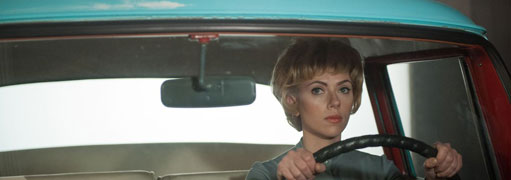Film Reviews: Anthony Hopkins And Helen Mirren Are A Bloody Good Couple In Hitchcock
Anthony Hopkins And Helen Mirren Make A Bloody Good Couple In Cozy Biopic


“Needs more explosions.”

“Aaaah! Cardigan sweater!”


